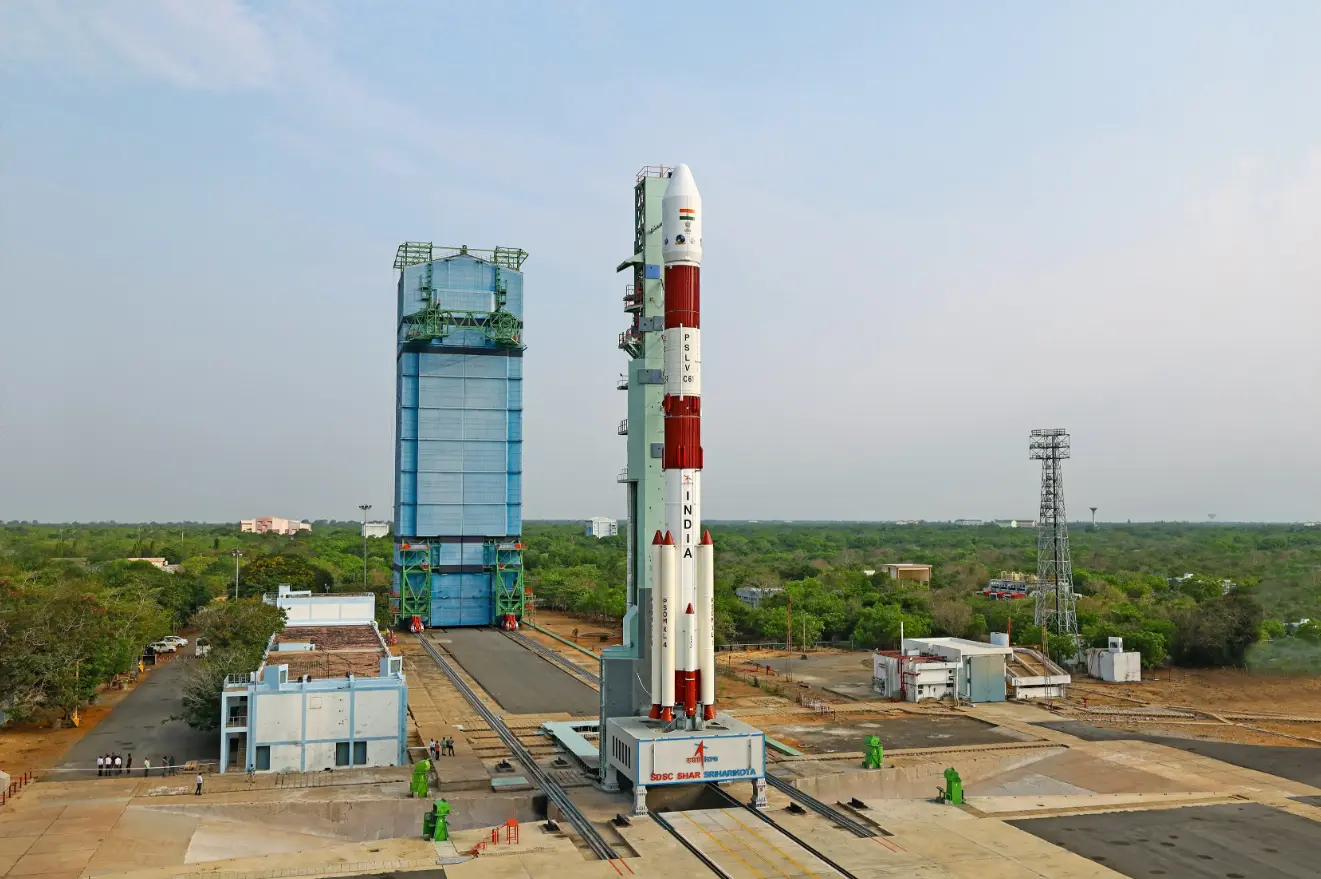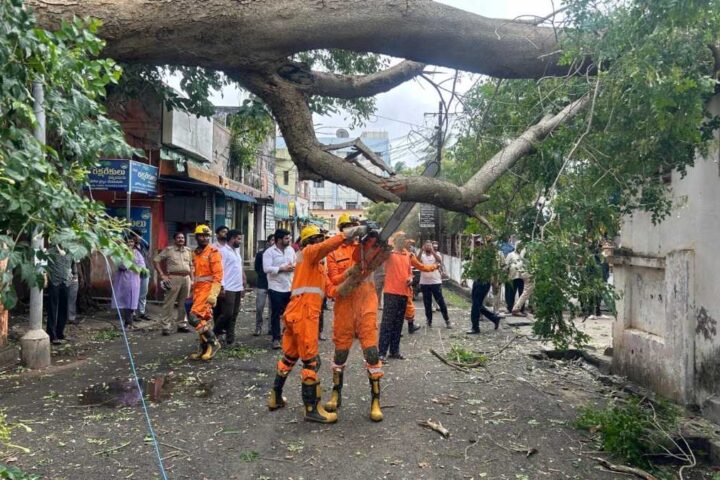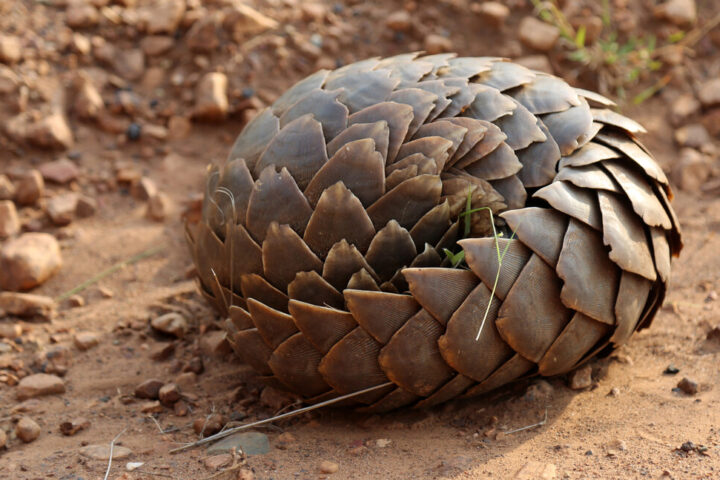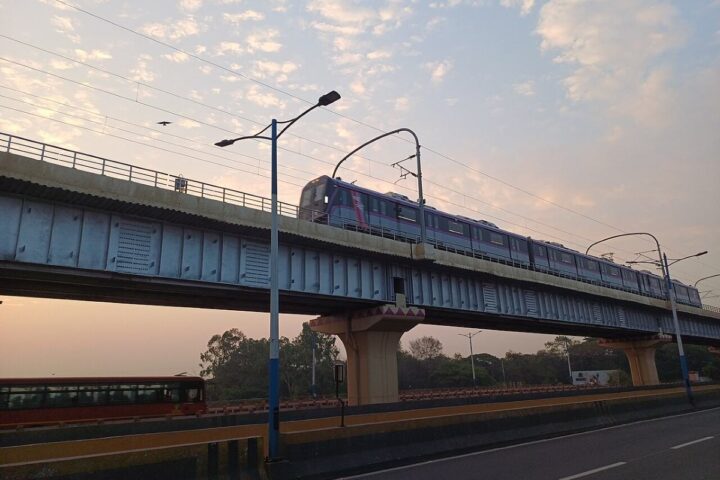India’s space program faced a setback Sunday morning when its latest satellite launch mission failed minutes after liftoff. The Polar Satellite Launch Vehicle (PSLV-C61), carrying the EOS-09 Earth observation satellite, ran into trouble during its third stage of flight.
ISRO Chairman V. Narayanan confirmed the mission’s failure shortly after the 5:59 AM launch from Sriharikota. “The launch vehicle performed normal till the second stage and they made an observation in the third stage. The mission could not be accomplished,” he said.
The failed mission marks only the third setback for ISRO’s reliable PSLV rocket in its 63-flight history. Previous failures occurred during its maiden flight in 1993 and a 2017 mission that was unable to deploy a navigation satellite.
The EOS-09 satellite, weighing 1,696.24 kg, was meant to join India’s fleet of Earth observation satellites. What made this satellite special was its all-weather imaging ability – it could take detailed pictures of Earth’s surface even through clouds or at night, thanks to its radar technology.
This imaging capability would have helped farmers track crop health, aided disaster response teams during floods, and supported urban planning efforts. The satellite was also designed to help monitor India’s borders and coastal areas.
Similar Posts
The launch vehicle itself, standing 44.5 meters tall and weighing 321 tonnes at liftoff, was the 27th flight using PSLV’s XL configuration – a more powerful version designed to carry heavier satellites.
The failure analysis committee is now investigating what went wrong during the third stage. This thorough review process helps prevent similar issues in future launches.
ISRO’s response to the failure reflects its commitment to transparency and safety. Rather than rushing to conclusions, ISRO has promised a detailed analysis of the incident before moving forward with future launches.This mission would have been ISRO’s 101st launch from the Satish Dhawan Space Centre, highlighting how far India’s space program has come despite occasional setbacks. The PSLV has established itself as a crucial part of India’s space launch capabilities with its long history of missions.


















